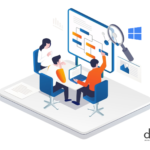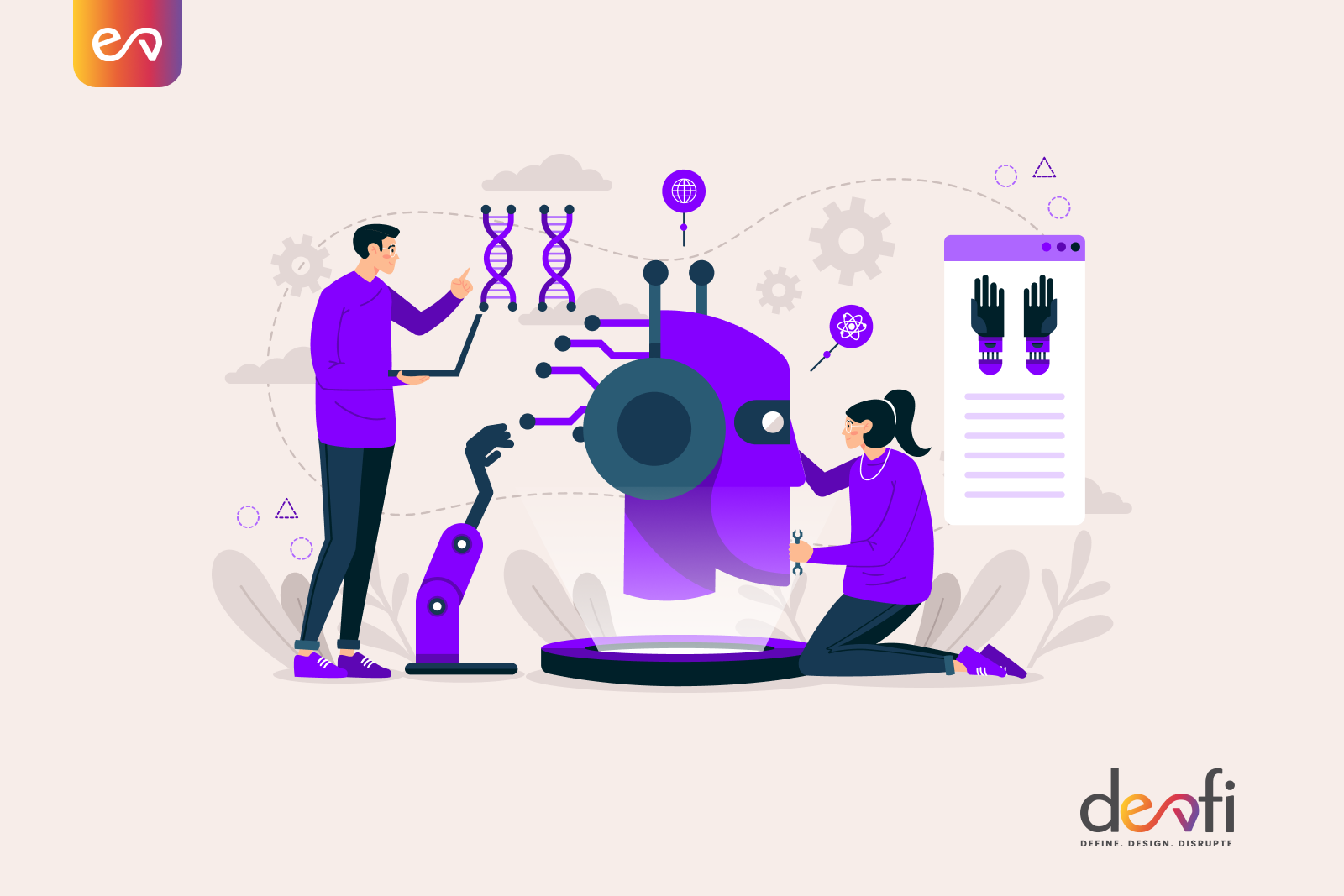Natural language processing (NLP) is a field that attempts to make use of computer programs to improve communication and comprehension. This is done by analyzing knowledge of specific processes in language development and applying them to a written document, usually a sentence or text. NLP has its roots in the human ability to communicate thoughts through oral or written sentences. NLP must account for sentence structure analysis, emphasis on subject-verb agreement, the placement of adverbs, and the use of prepositions and pronouns in spoken or written sentences.
Emergence of NLP
Enterprises have long used structured data (tables, spreadsheets, etc.) effectively. However, the majority of enterprise data is unstructured, and has therefore been much less accessible. Unstructured data includes emails, text documents, research and legal reports, voice recordings, videos, social media posts, and more. This huge body of information has been difficult to leverage effectively, compared to structured data.
Organizations must go beyond traditional search methods to make the most of their unstructured data. Natural language processing (NLP), a field of artificial intelligence (AI), can benefit organizations that want to harness their data.
Leveraging NLP applications
NLP is a key enabler of AI applications that extract value from unstructured data. This technology has become essential for enterprises as they look to evolve their businesses. NLP applications can be used in two ways by enterprises to enhance user experience and discover insights. Those two ways are query understanding and content understanding. As a result, every user can connect to the most helpful and relevant resources that would otherwise be hidden among a great deal of data.
Today’s natural language processing applications are supported by a robust ecosystem that includes multiple open-source frameworks and industry-specific platforms. These platforms can be used to develop and implement various types of applications, such as virtual assistants and chatbots.
One of the most common uses of NLP is for automated customer service. For example, when you call your bank or credit card company, they are using NLP to track what you say and how they should respond to you. They do this by analyzing the words you use and patterns in your speech. This allows them to respond with appropriate questions and responses that will help you get what you need without having to repeat yourself or get stuck on one word or phrase.
NLP in a search engine
NLP is used to improve the usability of search engines. By understanding the way users interact with search engines, and what they want from their experience, search engines can provide a more user-friendly experience. When using Google, the search engine will predict what you’ll type next based on the results of your searches. It also takes into account the context of the words you’re typing and the meaning behind them. Autocorrect, autocomplete, and predictive text are features that are often embedded in social media platforms and applications. These features predict what you might say based on what you’ve typed, finish your words, and even suggest more relevant ones, similar to search engine results. Autocorrect can change the meaning of sentences based on their typos. These functionalities can learn from user behavior and customize themselves over time. For instance, if you’re a fan of personal jargon, predictive text will learn it, customize itself, and predict its usage.
Natural language processing and sentiment analysis
Sentiment analysis is a process of determining whether the tone behind a piece of text is positive, negative, or neutral. This can be done through a variety of NLP strategies, such as analyzing word choice and sentence structure. By monitoring sentiment, companies can get a better understanding of how their brand or product is perceived. When an unhappy client leaves feedback or review which mentions the terms “not satisfied” or “not worth the price”, then their opinion would be automatically identified as a negative sentiment. Sentiment analysis is commonly used in social listening processes, where it can analyze the sentiment of users’ comments on various social media platforms like Twitter, Facebook, etc. This helps companies identify what their brand image looks like.
Spam filtration using machine learning and NLP
Email filters are one of the most basic applications of NLP online to weed out spam messages by uncovering certain words or phrases that indicate that a message is a spam. However, filtering has been upgraded. Now, we can find much more complex patterns, like the tone of an email or the type of language used. One of the newer applications of NLP is in Google’s email classification system. It can recognize if an email is in one of the three categories labeled “primary,” “social,” or “promotions.” This allows users to keep their inbox relatively small with relevant and important emails.
NLP, the future of chatbots
Chatbots are computer programs that are designed to simulate human conversation. They are commonly used in customer service applications, such as providing on-demand responses to customer inquiries. A chatbot is an example of an NLP-based customer service application that enables eCommerce store owners to provide fast and effective responses to their customers’ inquiries. This is beneficial for small businesses that don’t have the resources to employ a dedicated support agent. Chatbots were only used as a query-solving tool in the past, but have since evolved into personal companions. They are now capable of recommending products and getting feedback from customers among other things.
NLP in language translation
Many languages don’t allow for straight translation, and there are various orders for sentence structure that translation services used to ignore. With the help of natural language processing, online translators can now translate languages more accurately and provide grammatically correct results. This is very helpful when trying to speak with someone from another language.
There are many applications of Natural Language Processing (NLP) in the digital world, and the list will continue to grow as more businesses and industries embrace its value. While it is commonly used for complex communications issues, it can also be used to improve our lives by automating small tasks and managing our complex lives.
If you resonate with this blog and are interested in learning how NLP can bring value to your business use case, contact us.






